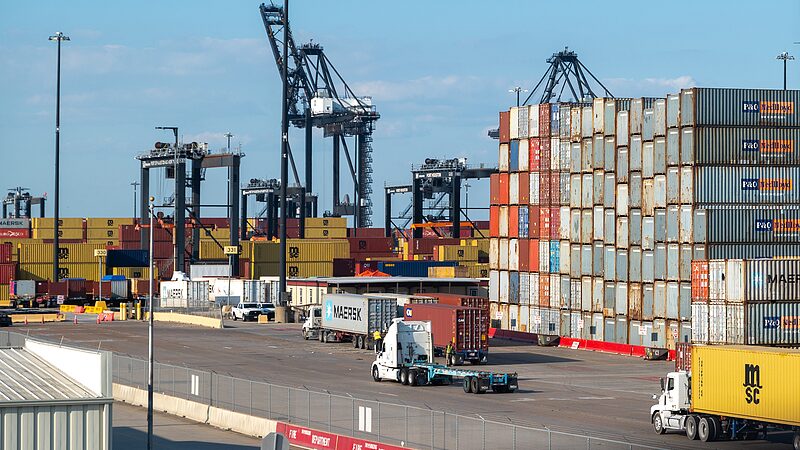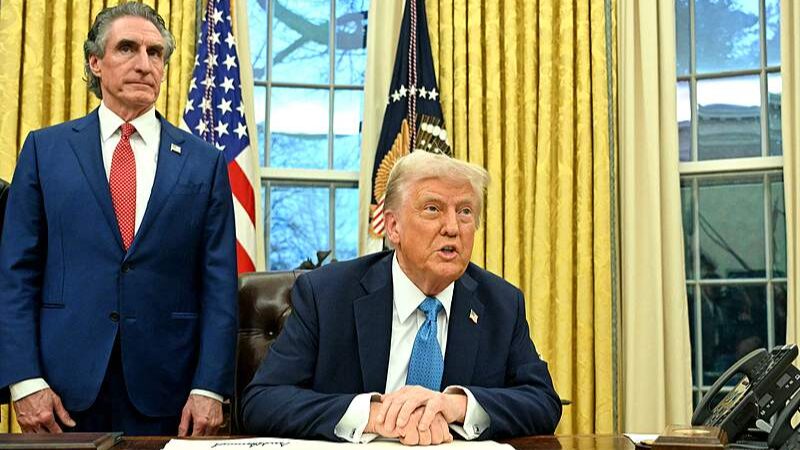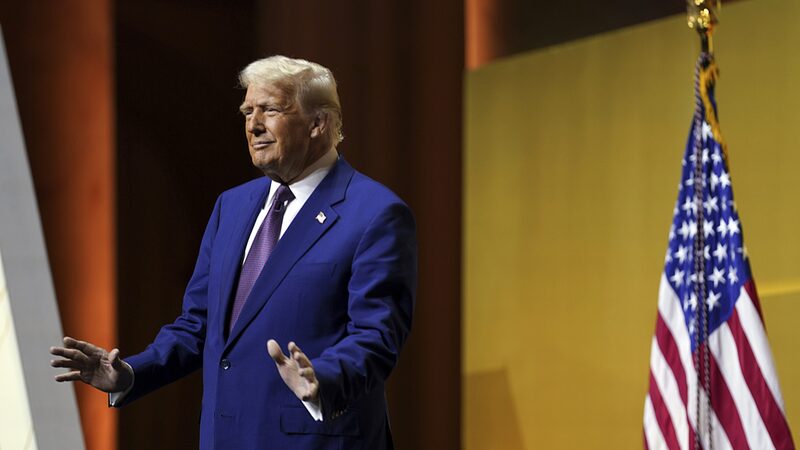China's Ministry of Public Security has expressed strong dissatisfaction and firm opposition to the United States' decision to impose a 10 percent additional tariff on imports from China under the pretext of fentanyl-related issues.
A spokesperson from the ministry stated on Sunday that China is one of the countries with the strictest drug control policies and the most rigorous enforcement in the world. The spokesperson emphasized that China has consistently fulfilled its international drug control obligations and actively engaged in international anti-drug cooperation with countries worldwide, including the United States.
In 2019, despite the absence of widespread abuse domestically, China became the first country to officially schedule fentanyl-related substances as a class, out of humanitarian goodwill and at the request of the U.S. side. However, the spokesperson pointed out that the United States has not scheduled fentanyl-related substances as a class on a permanent basis.
\"Since China's regulation, there have been no reports from the U.S. of seizures of such substances originating from China,\" the spokesperson added.
The ministry highlighted that in recent years, China and the United States have made visible progress in practical cooperation on drug control, including substance regulation, intelligence exchange, and case cooperation, yielding tangible benefits.
The spokesperson noted that the root cause of the fentanyl crisis in the United States lies within itself. \"Reducing domestic drug demand and strengthening law enforcement cooperation are the fundamental solutions,\" they stated.
Shifting blame onto other nations not only fails to resolve the issue but also erodes the foundation of trust and cooperation between China and the United States in the field of drug control, according to the ministry.
The ministry urged the United States to correct its wrongdoings and safeguard the hard-won progress in bilateral drug control cooperation to promote the stable, healthy, and sustainable development of their bilateral relations.
(Cover image: A port in Seabrook, Texas, U.S., September 30, 2024. /VCG)
Reference(s):
cgtn.com








